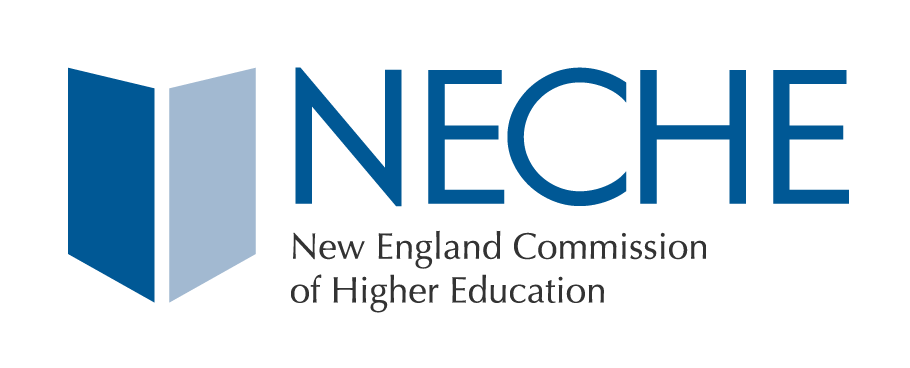
The afternoon after we visited Brown, we drove about twenty minutes south to the campus of the New England Institute of Technology (NEIT). At first blush, you would think Brown and NEIT –one, a famed member of the Ivy League and the other a technical university with its roots as a trade school– have absolutely nothing in common, but think again. NEIT’s President, Richard Gouse, is a 1968 Brown grad, as is his wife and their daughter. President Paxton at Brown knows Richard well as he has been deeply engaged with the university since his graduation and is a generous donor as well. In fact, it was only three years after his Brown graduation in 1971, that Richard became President of NEIT. That’s a story worth telling.

In the 1930s, Richard’s grandfather James founded the Massachusetts Trade Shop School as a machine shop that served as a training school. His father took over the business in the 1950s, and in 1960 he expanded to open the Rhode Island Trade Shop School. After graduating from Brown, Rich joined the family business to get the school its accreditation. Both trade shop schools were then sold, and soon after Rich and his father were approached by the New England Technical Institute (now New England Institute of Technology) to help them address financial issues and obtain accreditation. Unfortunately, Rich’s father abruptly passed away at the age of 51, so Richard stepped in to become President.
More than fifty years later, Richard still holds that same position, although the institution he now leads looks nothing like the one he inherited. For one thing, it has grown from fewer than 100 students to over 2,000 and evolved from an institution focused on the trades to a non-profit college offering a diverse set of degrees at the associate, bachelor, and master degree levels in nursing and health, cyber security, business management, and criminal justice.




NEIT operates on more than one campus, although the East Greenwich location is its primary home. The bucolic setting boasts acres of wooded land, a public golf course, and a huge 310,000 square foot building NEIT totally renovated and expanded to include classrooms, staff headquarters, a student center, and a dining hall. (The property had previously served as the state fairgrounds for years before becoming –or almost becoming– the corporate home of Brooks Pharmacy before it was acquired by Rite Aid.)

In 2107, NEIT added its first residence hall, a 400-bed modern showpiece. With plenty of room to grow and facilities that rival ones you’d find on any progressive campus, NEIT is ready to fulfill its mission to help prepare students to enter a prosperous trade or a professional career.



I asked Richard and two members of his senior team (Senior VP and Provost Doug Sherman, who has been with NEIT for seventeen years, and VP for Student Support Services Catherine Kennedy, who is starting year thirty-five) how they understand NEIT’s competitive advantage. They cited NEIT’s competitive pricing compared with other private colleges, as well as a very attractive time-to-degree schedule, thanks to its academic calendar of four ten-week sessions. They also noted that NEIT offers a range of associate’s degrees that many other private colleges do not. I’ll add that another competitive advantage is NEIT’s impressive $280 million endowment.

NEIT is yet another institution in New England that I knew very little about before we visited. We first met the uber-enthusiastic Doug Sherman at a NECHE commission conference and he was so volubly proud of NEIT, its mission, and its accomplishments, we knew we had to see the place in person. Richard and his team couldn’t have been more gracious hosts, and I left NEIT feeling that the committed, long-term leadership is both passionate about its mission and firm believers (and excellent exemplars) of NECHE’s commitment to continuous improvement.

